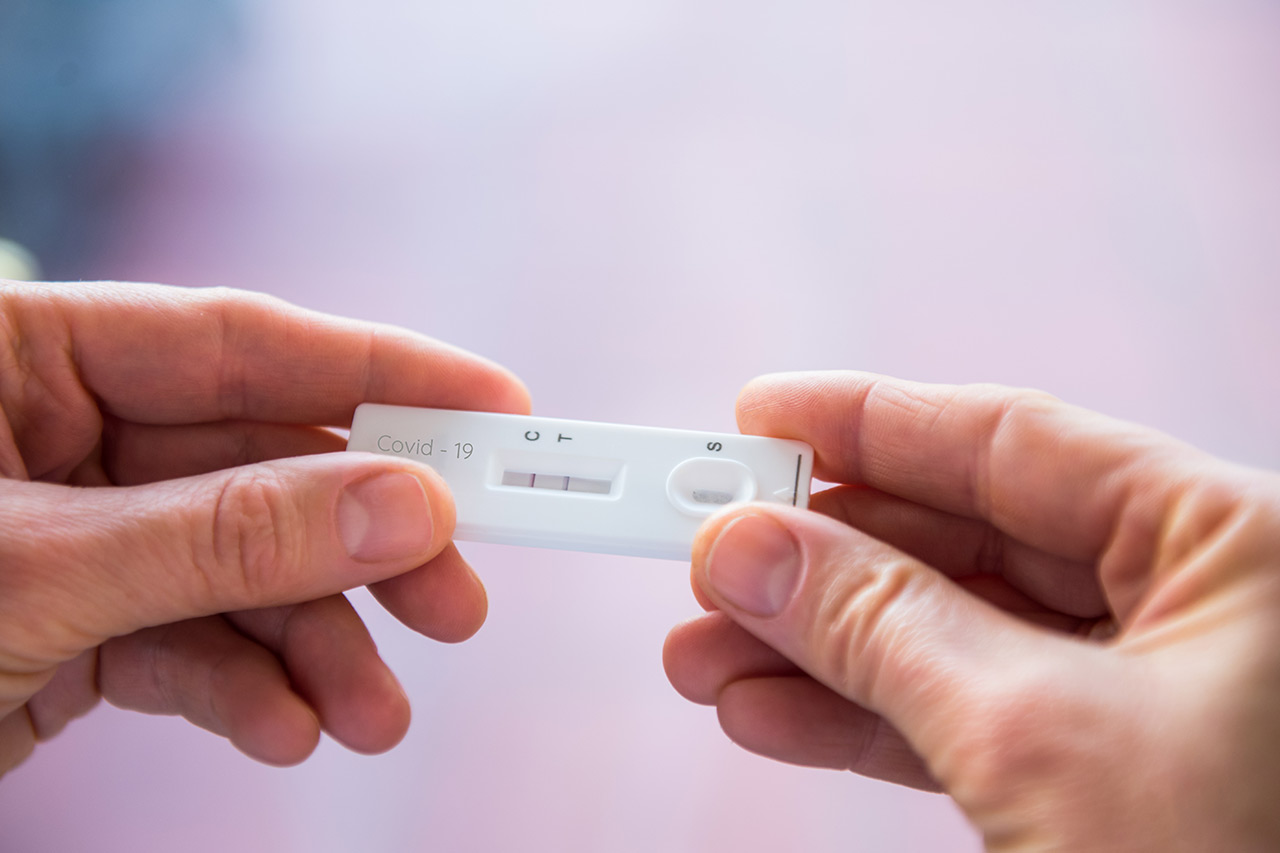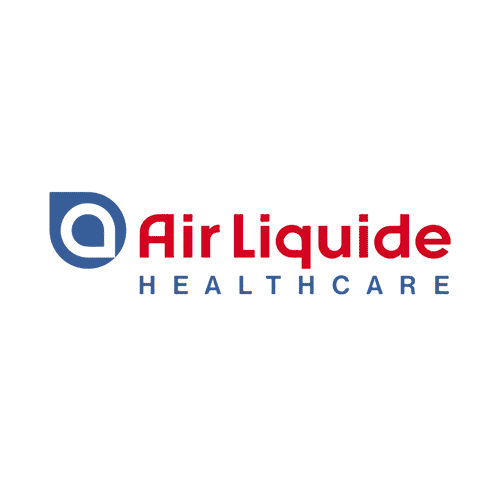
Companion diagnostics (CDx)
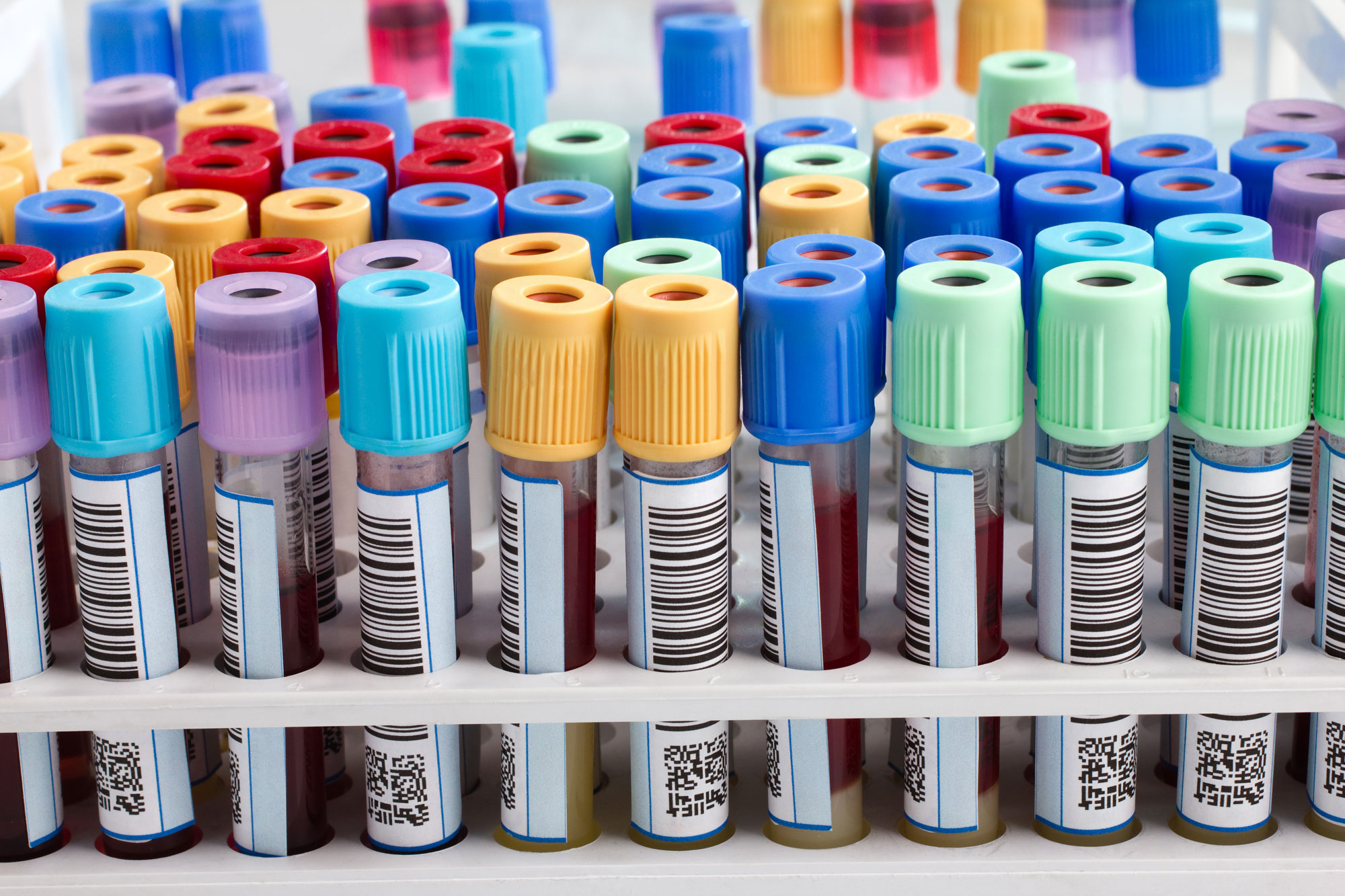
The Alcimed team has been supporting healthcare players for more than 15 years to seize opportunities around companion diagnostics (CDx). We help our clients, whether industrial leaders, start-ups or healthcare establishments, to assess the potential of these new technologies, to build their development roadmaps or to integrate CDx into care pathways.
They trust us


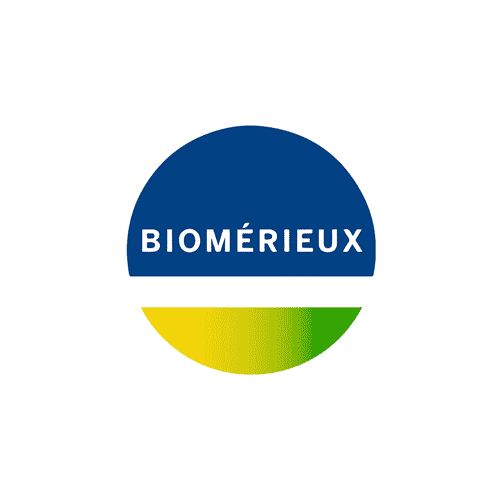


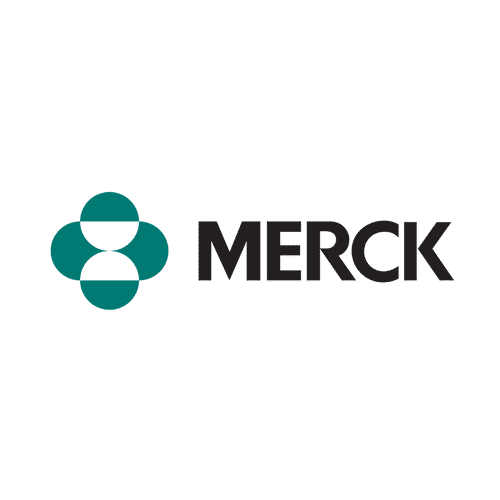

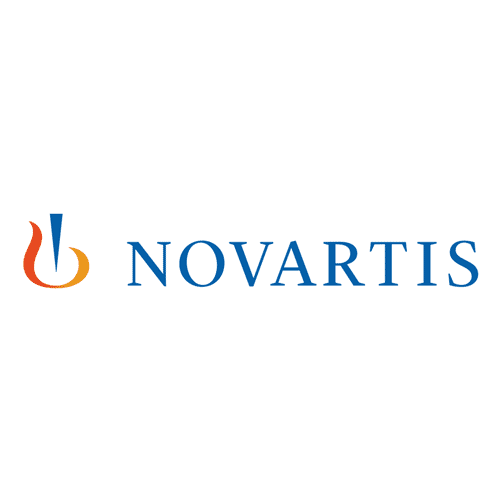

The challenges related to companion diagnostics
Companion diagnostics have made it possible to make a leap in the efficiency of care, by helping to better target the patients to whom a particular treatment should be prescribed. In addition, for treatments where each dose is sometimes worth several thousand euros, having such an upstream patient identification tool is a real opportunity to avoid waste beyond the side effects for patients who can’t benefit from the treatment.
For these reasons, the CDx market is booming, but pharmaceutical companies are faced with many challenges:
Today there are a multitude of biomarkers that can be analyzed; DNA, RNA, proteins, metabolites… The search for the right biomarker can be long and tedious, leading to heavy development costs to identify the one capable of accurately, reliably and reproducibly predicting the response to treatment. Finding the ideal biomarker is therefore a challenge, and compromises seem to be necessary. In addition, there are other requirements such as ease of access to the biomarker, its detection method, its stability, etc.
How do we guide the search for a biomarker for a given treatment? What level of sensitivity/specificity should we aim for?
Historically, the technologies used in the context of CDx were mainly PCR as well as in situ hybridization (ISH) and immunohistochemistry (IHC). Recently, new approaches have been developed offering many advantages in terms of precision, reliability, speed or even accessibility of the biomarker. We can cite for example: next-generation sequencing (NGS), advanced medical imaging technologies coupled with artificial intelligence or “liquid biopsies”. The choice of technology may depend on the biomarker itself, but also on the maturity of the technology and its accessibility.
What balance should be struck between innovation, cost, ease of use and access? What is the level of knowledge and adoption of these technologies by healthcare professionals?
The companion diagnostics market remains new, and recent years have been marked by numerous regulatory changes. Additionally, government requirements may vary by region. A standardization of marketing processes between different countries would facilitate access to such tools, but we are a long way from that! In addition to this first level of difficulty, there is also the issue of the financial support model for these tests. Again, the modalities are often specific to each country.
Which business model should we adopt for a CDx? What regulatory process sequence should be followed to optimize companion diagnostic test launches?
Before engaging in the development of a CDx, a pharmaceutical company must answer many strategic questions, for which there is unfortunately no universal answer. Because it makes it possible to better target patients eligible for treatment, will a CDx reduce the population of target patients, or on the contrary expand it by identifying a pool of patients unknown until now? Will a CDx provide a differentiating competitive advantage or serve the entire therapeutic area? Is it more appropriate to consider a CDx in a lifecycle management logic, or at launch? These are all business questions we address for our clients.
How do we evaluate the market potential of a CDx and the competitive advantage it provides? Which product in the portfolio is the most relevant to develop a companion diagnostic? How can we evaluate the return on investment of these innovations for the pharmaceutical company and for the company that will develop the test?
The majority of players in the pharmaceutical industry who wish to address the personalized medicine market have no choice today but to partner with diagnostic players to develop a test in conjunction with their treatment. The creation of partnerships seems inevitable given the skills required to launch such an activity.
In a market where several major players such as Roche Diagnostics, Qiagen or Abbott Diagnostics compete, how do we identify the right partner? Who are the new players? How is the value distributed between partners?
The co-development model is a major challenge for pharmaceutical companies wishing to market a treatment associated with a CDx. In order to optimize its launch, it is essential to ensure the synchronization of the development process of the drug and the test, and their evaluation, production, distribution and reimbursement. This synchronization can be particularly difficult. Finally, there is a significant gap between the development time of a CDx and that of a drug, which further complicates the development and marketing strategy.
How do we build a process/action plan to coordinate these different steps? How do we integrate a CDx into a drug development and launch plan?
How we support you in your projects related to companion diagnostics
For more than 15 years, Alcimed has been supporting healthcare players, pharmaceutical companies and diagnostic companies, innovative start-ups and healthcare establishments in the area of companion diagnostics.
The diversity of our clients, their challenges and the geographic fields of our projects allows us to have an in-depth understanding of the companion diagnostics market. We have accompanied our clients on numerous issues such as the identification of the key success factors for the development of a CDx, the analysis of regulatory frameworks, the construction of the marketing strategy and business model associated with the launch of a companion diagnostic, the assessment of the market potential of a new CDx technology, the identification of potential partners and possible collaboration models, the implementation of a stakeholder engagement strategy, the optimization of care pathways, the prospective analysis of the CDx market,… and many more!
Examples of recent projects carried out for our clients in companion diagnostics
Market potential study of a pancreatic cancer biomarker and associated companion diagnostics (CDx)
Alcimed supported a player in the pharmaceutical industry in assessing the potential for using a pancreatic cancer biomarker as a companion test.
Based on an in-depth technical and economic study of the various existing diagnostic technologies for pancreatic cancer, we were able to estimate the added value of a new specific biomarker in this environment, specify its advantages and its positioning. Drawing inspiration from other CDx cases, we were able to identify the most suitable business model, and thus assess the potential market for the companion diagnostics considered.
Our discussions with players in the sector throughout this project also resulted in operational recommendations for market entry strategy for this new companion test.
Analysis of the regulatory procedures to be followed in case of co-development of a CDx and a treatment
Alcimed studied, on behalf of a pharmaceutical company, the regulatory constraints related to the marketing and P&R (price and reimbursement) of personalized medicine products on the markets for the US, Japan, France, Belgium, Germany and UK. In particular, we assessed the specificities of each country and the procedures to be followed for the co-development of a CDx with a drug.
After having understood and compared the measures in place between the geographical areas, we have drawn up a table of the regulatory changes expected in the short and medium term for each area. This step was the subject of the creation of a guide of good practices to be put in place to deal with regulatory challenges, intended for our client’s local subsidiaries.
Finally, we identified the issues around pricing and reimbursement terms to advise our client on the preferred business model to optimize its launch.
Mapping of companion diagnostics market players and their partnership strategies with laboratories
In order to help our client, a major pharmaceutical company, to define the best partnership strategy to implement in the field of CDx, we have proposed an original mapping, allowing to visualize the current partnerships linking pharmaceutical laboratories and diagnostic players, and to decipher its structuring characteristics.
Some major strategic partnership plans were drawn up, which we were able to compare and prioritize according to the specific situation and expectations of our client. On the strategic option chosen, we identified the relevant diagnostic players in the context of co-development, and thus informed the choice of our client on the best partner.
Evaluation of the expected impact of personalized medicine on the Belgian and French healthcare systems in the short and medium term
The first step of this project was to carry out an in-depth study to understand and map the national health systems in France and Belgium with regard to personalized medicine products, both drugs and companion tests. We then assessed the impact that these new practices will or could have on these healthcare systems. Finally, we assessed their impact on national reimbursement systems.
Thanks to the analysis of the expected impact of personalized medicine, we were able to provide our client with the knowledge and tools necessary to address the issues of standards and regulations in these two countries.
You have a project?
To go further
Healthcare
Evolution on Point of Care Testing (POCT): benefits and opportunities for Pharma and Medtech
As the healthcare world seeks solutions that are increasingly patient-focused, Point of Care Testing (POCT) has become a viable option for rapidly diagnosing the disease, reducing the waiting times, ...
Healthcare
Artificial intelligence as an aid to medical diagnosis
Artificial intelligence has made its mark in many specialties as an aid to medical diagnosis. But how is it being used, and what challenges lie ahead?
Healthcare
AI in medical imaging, a revolution in medical diagnosis and patient care
Artificial intelligence has made its mark in many specialties, such as medical imaging. But how is AI in medical imaging used, and what are the challenges ahead?
Founded in 1993, Alcimed is an innovation and new business consulting firm, specializing in innovation driven sectors: life sciences (healthcare, biotech, agrifood), energy, environment, mobility, chemicals, materials, cosmetics, aeronautics, space and defence.
Our purpose? Helping both private and public decision-makers explore and develop their uncharted territories: new technologies, new offers, new geographies, possible futures, and new ways to innovate.
Located across eight offices around the world (France, Europe, Singapore and the United States), our team is made up of 220 highly-qualified, multicultural and passionate explorers, with a blended science/technology and business culture.
Our dream? To build a team of 1,000 explorers, to design tomorrow’s world hand in hand with our clients.
Unlike a conventional diagnostic test that aims to determine the pathology from which a patient suffers, a companion diagnostic test is carried out on a patient whose pathology is known. Its purpose is to determine the patient’s precise profile in order to adapt the therapeutic decision according to the patient. As such, companion diagnostics (CDx) are a perfect example of targeted and personalized medicine, and expand the range of tools available to precision medicine.
A companion diagnostic test is specific to a treatment, hence the term “companion”. It was the Roche laboratory that was the first to open up this path at the end of the 1990s with the marketing of Herceptin, a breast cancer treatment associated with HercepTest, the companion test to identify women suffering from tumor overexpressing the HER2 receptor, and therefore likely to respond favorably to treatment.
The use cases of companion diagnostics have developed, and today there are several possible uses:
- Identifying patients likely to respond to treatment
- Identifying patients at risk of developing adverse effects to a given treatment
- Predicting and tracking response to treatment
Most companion diagnostics are molecular tests, i.e. they are based on the detection of a specific biomarker. Thus, the triage of patients is done through the analysis of a predictive biomarker targeted by the test using molecular biology techniques.
